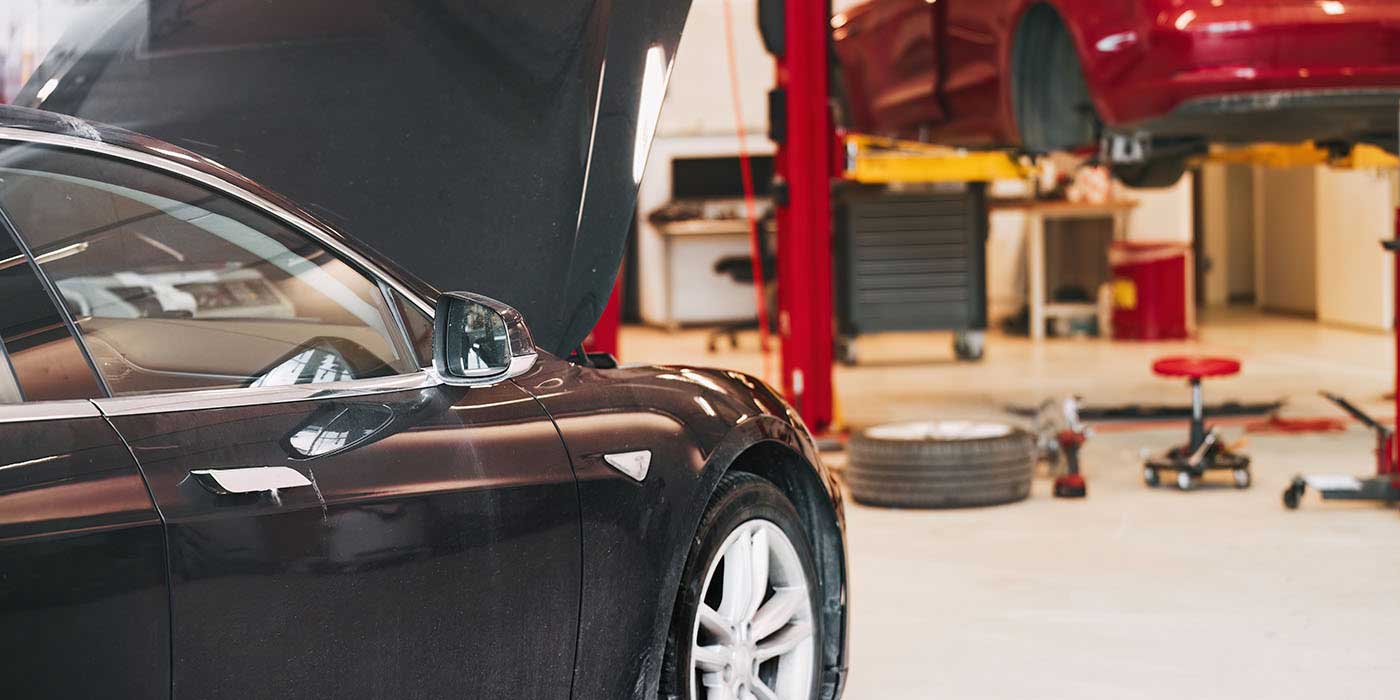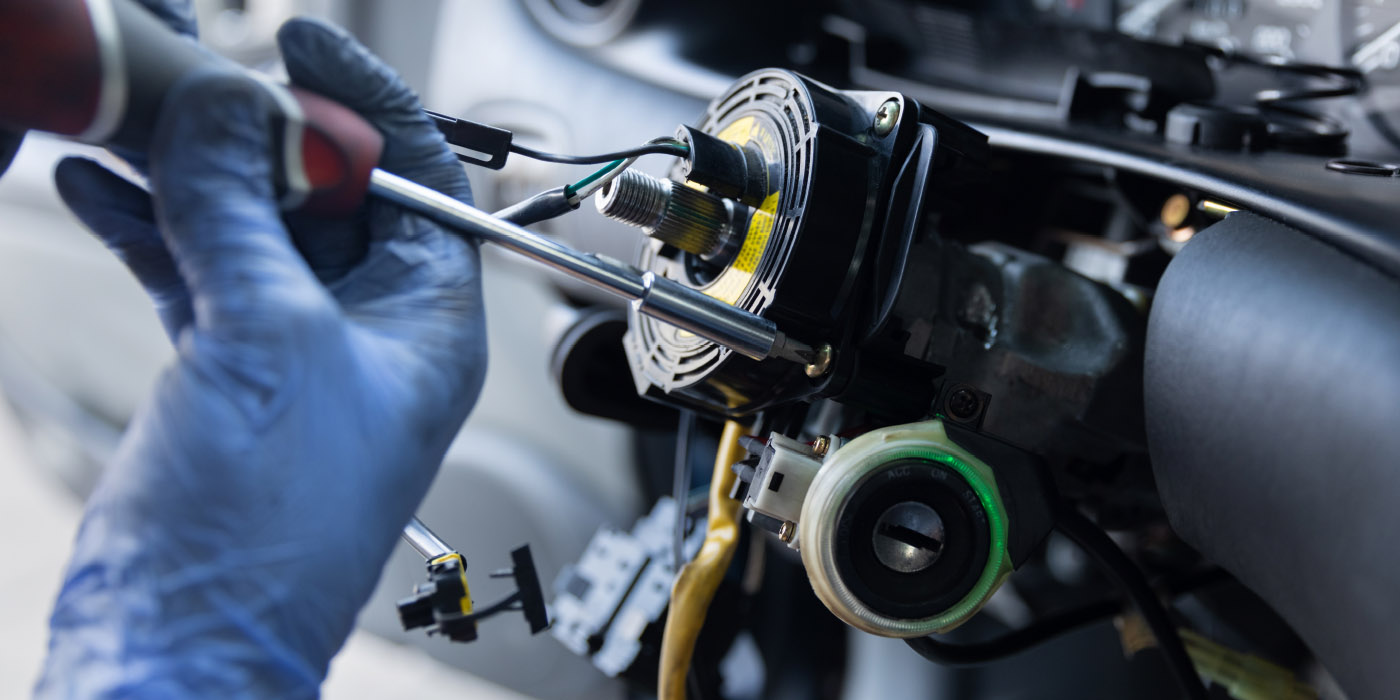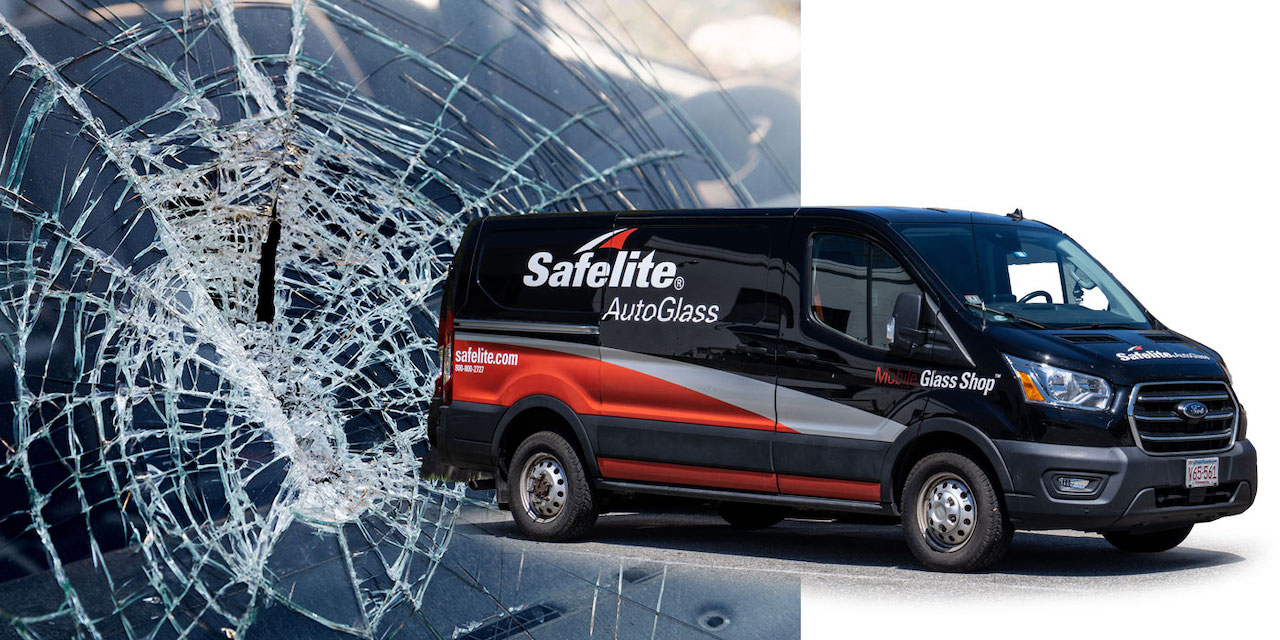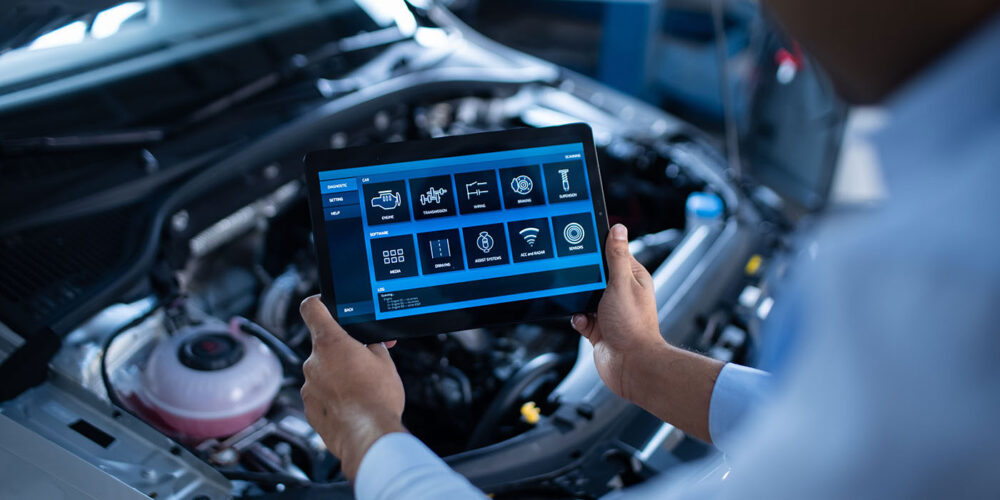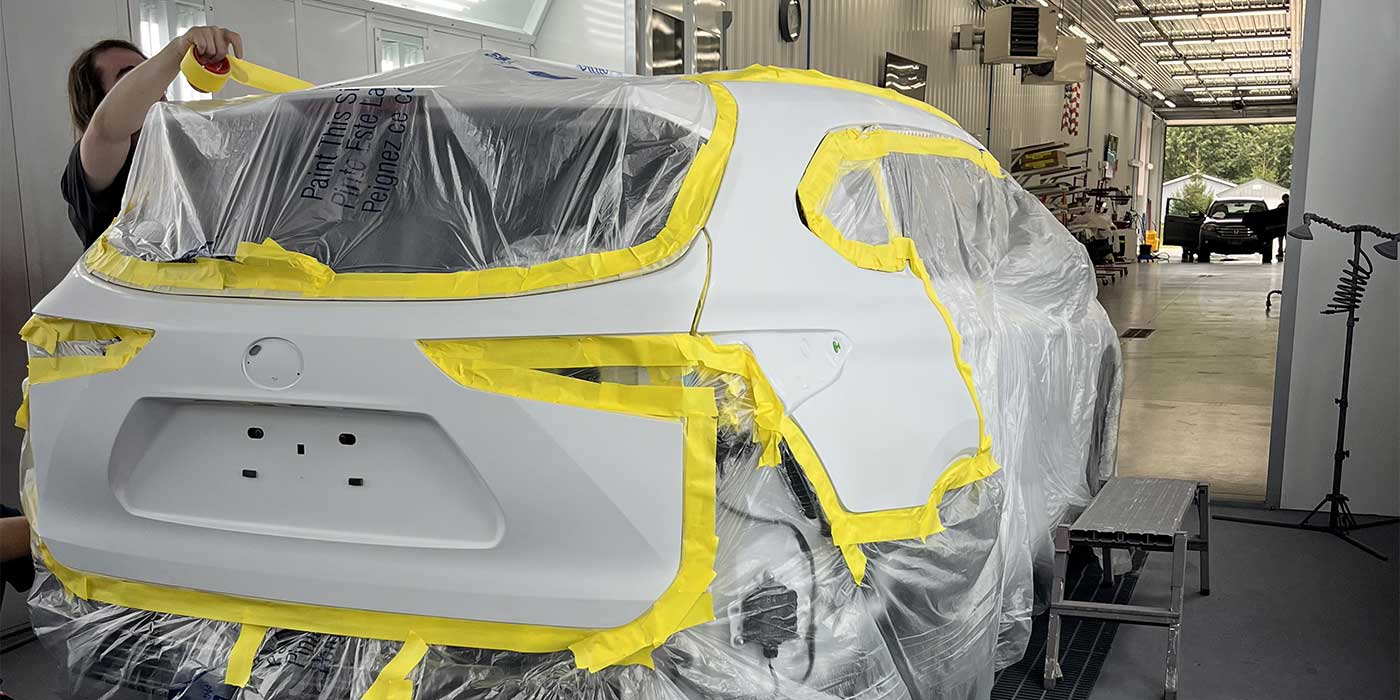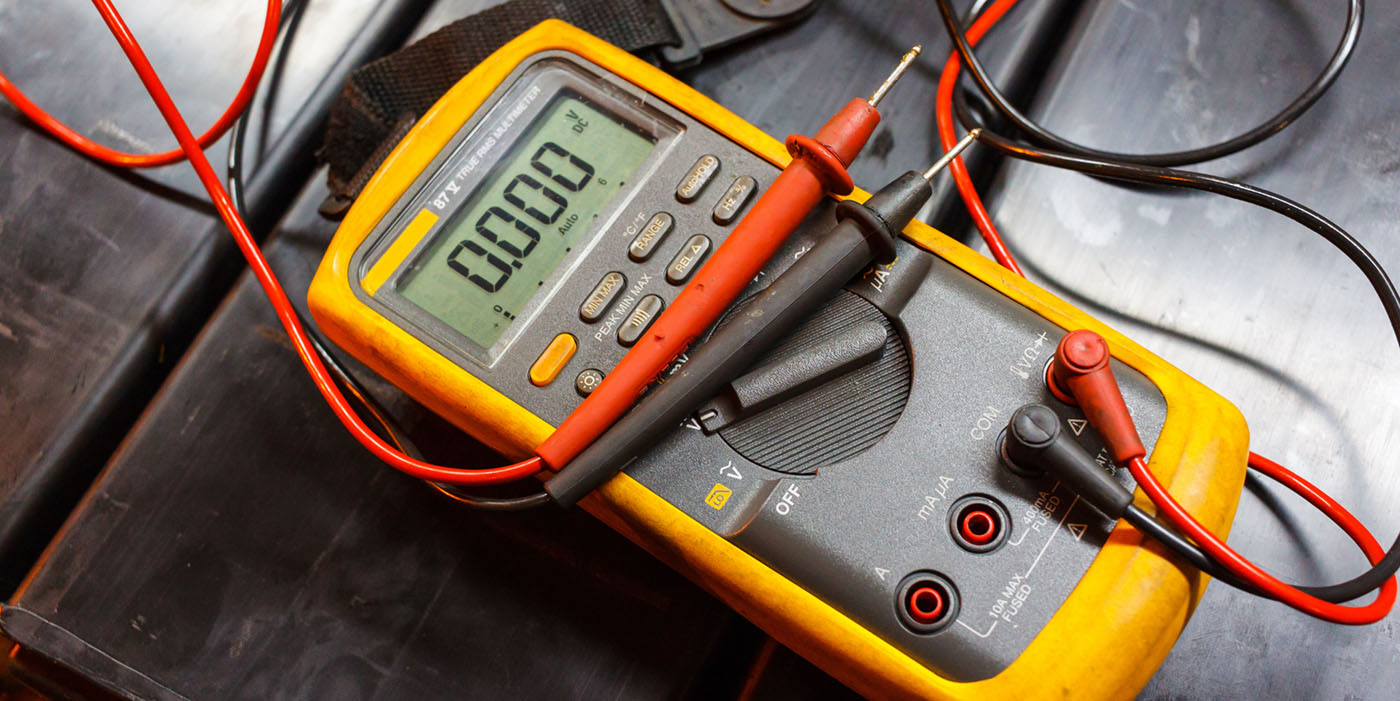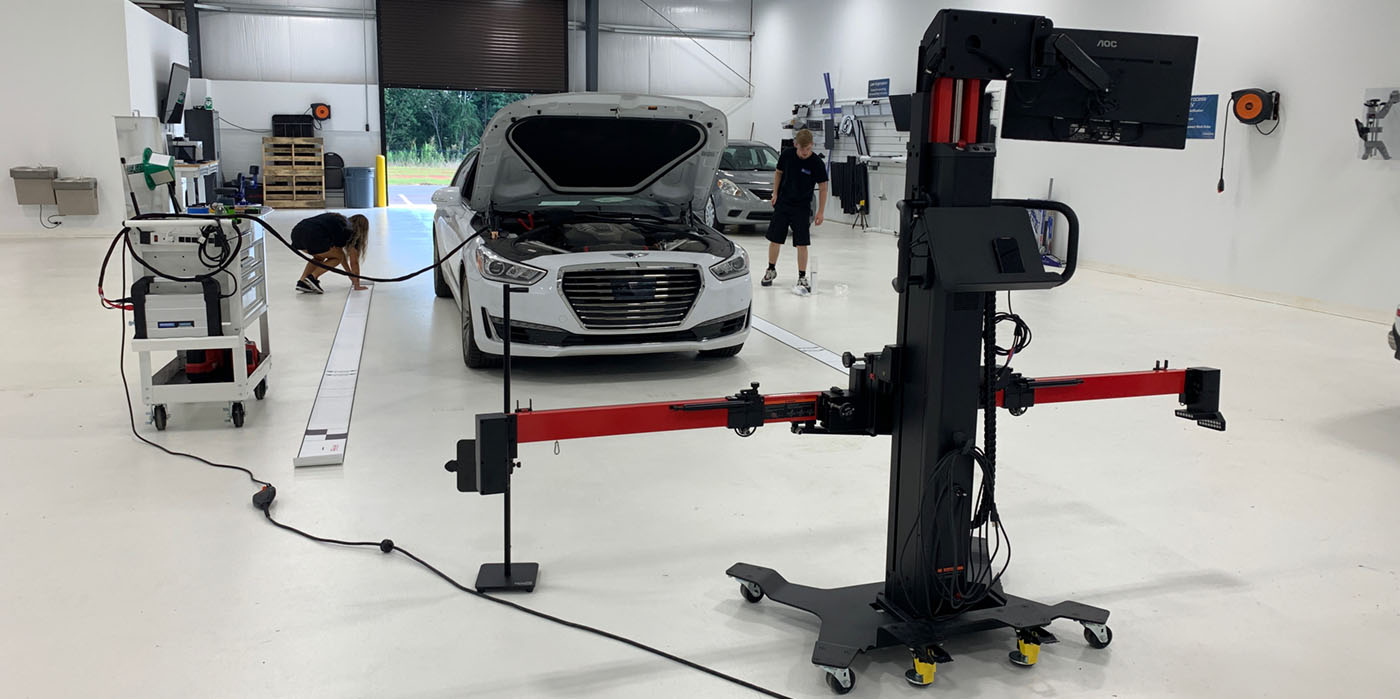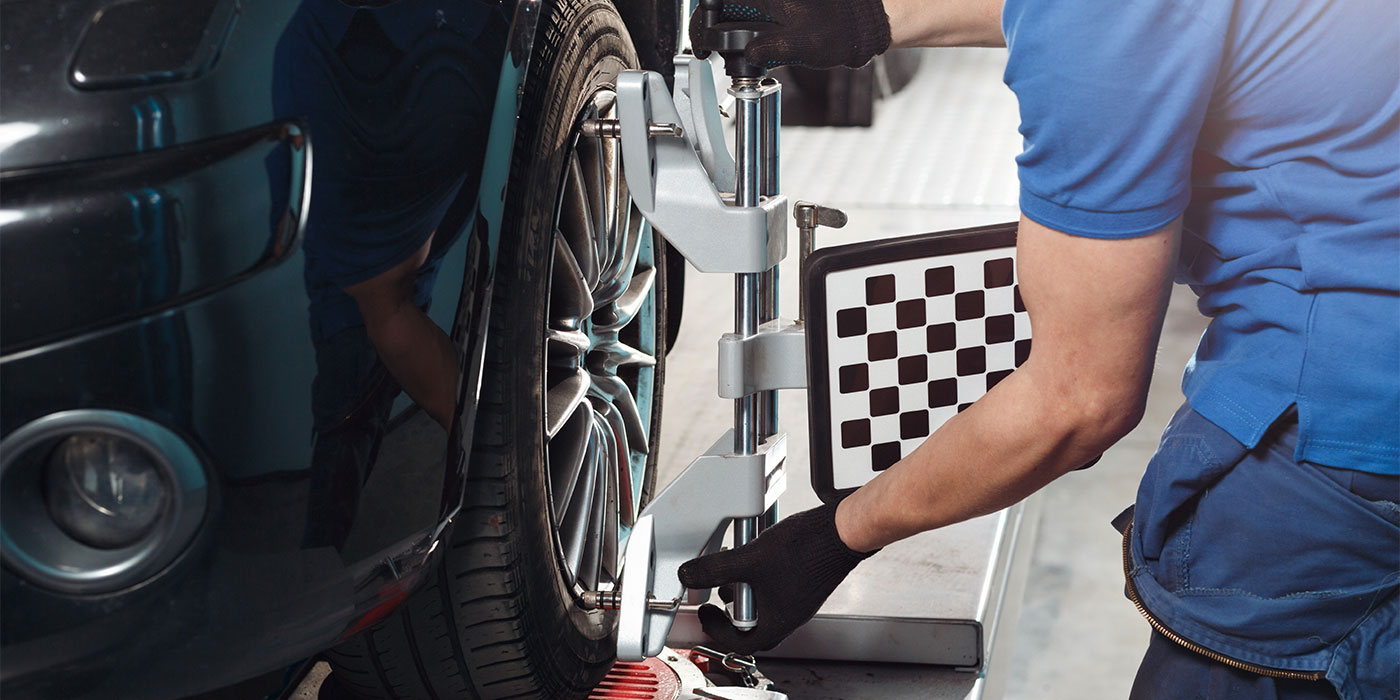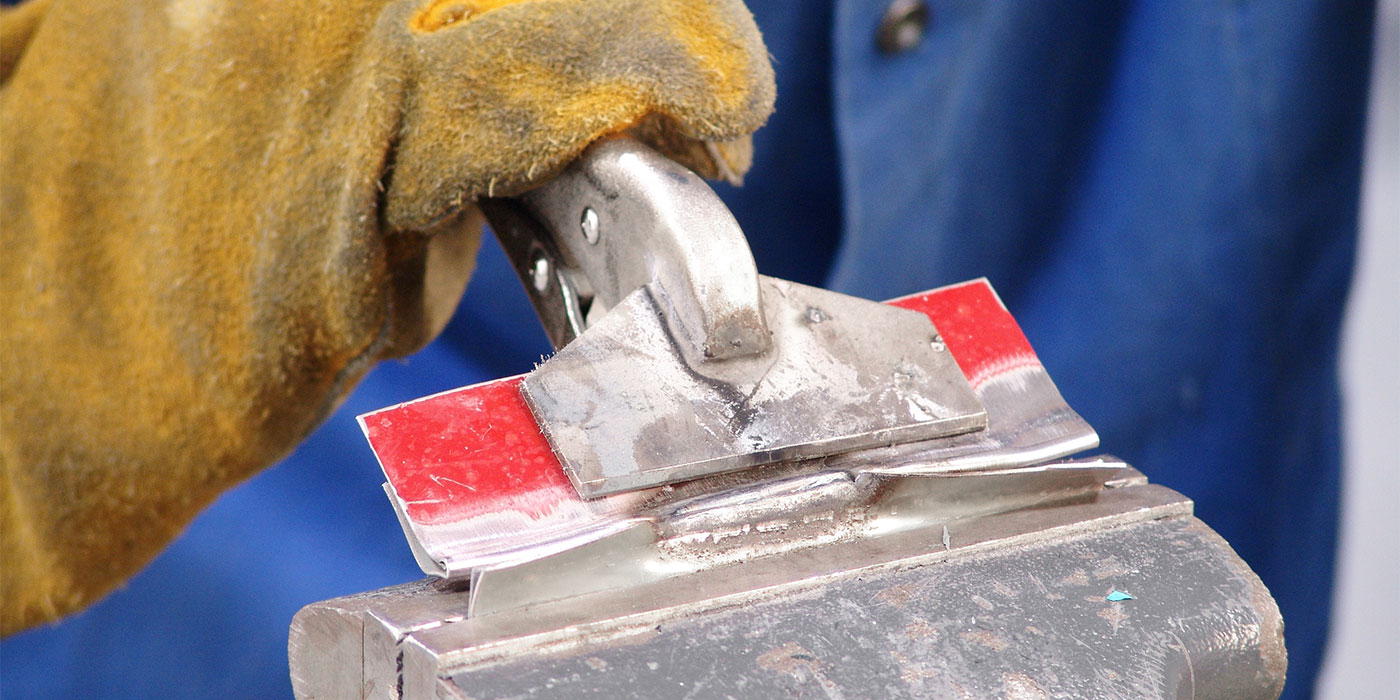How many of you long for the days when repairing a car meant replacing some metal and removing a dent or two? Suspensions were simple, and alignments were pretty straightforward. A frame rack was a simple set-up. It may have taken some time to do these things, but we could do them with a fair amount of common sense. A carburetor could be adjusted, and radios were considered complex.
That era seems so long ago. Today, we still do those procedures, but now we have to consider computers, sensors and electronics. The question, “Is the system working?” has changed to, “Is the system calibrated correctly?”
Adaptation
How are you adapting to these changes? The advancements in automotive technology are coming faster than I’m accustomed to or was educated for. I find myself studying more than I did in college. I wasn’t raised on computers and Game Boys like kids today. I went outside and got into trouble with other kids – a lot of trouble. I bailed on taking typing in high school because my machismo side said, “Who needs that?” That was a dumb idea as I hunt and peck while typing this article.
At times, I find that I’m not equipped with the knowledge I need to keep up with the changes I face in the auto repair industry. I know I’m not alone in this. I’m caught between “old” and “what the hell is that?”
Like many of you scoffed at needing new training or skill sets, I see many managers not taking the same training as their technicians. When I’m conducting my training classes, I can’t tell you how many times I hear, “I wish my boss was here because then he would understand.” Which leads me to believe there are a lot of issues in shops that we aren’t addressing.
What Should You Do?
What should you do? I don’t have all the answers, but my son who is in college studying aerospace engineering at the University of Minnesota tried to help his old man. He offered me some ideas to keep up and keep learning:
- Read everything. Pick up trade magazines and search out articles online. Find out not only what’s coming but why it is. It’s the “big picture” understanding that keeps you from being narrow-focused and narrow-minded. This helps you to think inside and outside the box.
- Talk. Find your industry folks and talk. We all face the same problems. Each person may have a different approach, but talking helps us to see the things we didn’t see ourselves. This includes shops. Managers and technicians together need to find the answers. This keeps all working toward the same goal and helps with ownership of solutions.
- Ask questions. Always ask questions. Being quiet does not help or promote a solution. Get facts and ideas from questions.
- Educate. Educate everybody in the shop as we would all be surprised at how much we miss in assuming everyone knows the issues and what to do.
The last advice that came out of my 19-year-old’s mouth was interesting. He said, “Take some classes or training.” “I’ve been an I-CAR instructor for over 20 years. Don’t you think I know that?” I replied.
“Dad, you can’t even type,” he said. “You have resisted training on how to learn to do that basic skill. You spend so much time training others that you fall behind.”
How many of you can relate?
Wise words from my 19-year-old kid. I also asked my recent high school graduate what he thought of the job market and career opportunities out there. I want you to know he has never not known about computers, as he has been surrounded by them all his life. His response surprised me.
“The computer industry, besides programming and the ‘games’ industry, is very competitive,” he said. “Unless you’re at the top of your class, you’re looking at a lot of competition to get a career. Not just a job, but a career that has security and meaning. If you’re at the top, the job security is there, but if not, you’ll struggle to find a great job that may be gone in a day. Electronics is moving so fast it’s easy to become obsolete without improving yourself. You need to keep learning.”
At that point, I just kind of sat there and thought, who’s kid is this? Mine would not have popped that out of his head. He did, though, and went on to tell me of his friends. All industries are struggling to keep up, as are all people. Kids today are being told you can’t stop learning and keep taking the next step.
So what’s your next step? As a manager or owner, what are you going to do? Are you going to focus on management issues and fall behind as a shop? Or are you going to get on board with the industry changes in repairs and needs and leave the office to run by itself? I can tell you from experience that doing both is possible but it’s very difficult and requires great sacrifice. You may need to make a decision. Who can help you? Here’s what to do:
- Take a good look at your shop. Where are your strengths, and where are your weaknesses? If you have a competent office staff and are willing to let your people do their jobs and not be involved with everything that happens and trust them and give them the incentive to do the job right, then you can concentrate on what makes your shop money. If your office is in need of direction at all times, then see option 2. Playing office manager and shop manager usually does not work best for all as you get spread too thin and priorities get messed up.
- Look at your technician group. Who has leadership ability and wants to do some work to improve the shop? Who do you trust to take a good look at how you operate and what you need to progress? Have him or her or them research what’s needed or what works. Meet with them to hear their ideas. This allows you to keep working on the business aspect. When techs take training, sit down and discuss what they learned and listen.
- Sometimes we need some help. You could hire someone or, if that’s not feasible, try a consultant. There are some great ones willing to help. If this, too, is not an option, then time and research is the best answer. Listen to your shop employees as to where problems are and possible solutions. You sometimes have to let them work out the solutions, as they do the work every day.
Technology
The repair industry is changing so fast that keeping up is mind-boggling to anyone. Change also brings investments in tools and training.
Carefully thinking out what tools to buy is a must. Many vendors are doing more and more demos on the tools they sell. This is good as you can test drive before buying. But the decision must be made by all, especially the ones using the equipment. They should be doing the test drive as they’ll be using it. This not only offers some great feedback but also allows a shop to inject some energy back into itself. Techs like new tools. If they had a role in selecting new tools, they would be more likely to use and care for them better than the tools they use now.
Ease of operation and maintenance should always factor in. It’s a big expense no matter how small. Set up demonstrations for a short period of time and decide, then move to the next issue. Don’t let the issue drag on until it’s too late.
Training
What can I say? I find that I’m a little bit of a hypocrite here. As I preach to the industry about training, I find myself resisting some training myself, particularly the typing thing. The fact is that technicians need training.
New metals and plastics aren’t the only thing we need to teach. Electronics are a big game changer to shops. Knowing how to do a diagnostic scan and how to recalibrate a lane lock/lane change camera are two way different needs. Both involve scan tools, but the recalibration involves them to a much higher degree.
I know training costs money, but so does customer satisfaction. If the customer feels you did not complete the work thoroughly, they’ll blog on the Internet to hundreds of people that they were not satisfied. I’ve seen so much improvement in shops on welding as the I-CAR welding programs really make technicians and shops take notice. The need for training or people skilled with computers is increasing every day.
Future
Where is your future work coming from, and what will you need? The Internet changes everything. They’ll be better educated on issues. Shop reputations can be built or destroyed in a day. Where will the new workforce come from? Today’s hiring practices may not work tomorrow, but that’s a whole different article.
How will you keep up? I’ve come to the realization that I know less today than I did yesterday. The old skill sets need some brushing up for sure. But I know I need to learn more. I may not learn all I need to know, but I know I need to trust others to learn their part. There’s a saying I see at a friend’s place that always makes me think: “Never miss a good chance to shut up and listen.” I would add to that, “Never miss a chance to ask a question.” Change is the one thing we’ll always have. How are you going to cope? I wish I would’ve taken that typing class.


